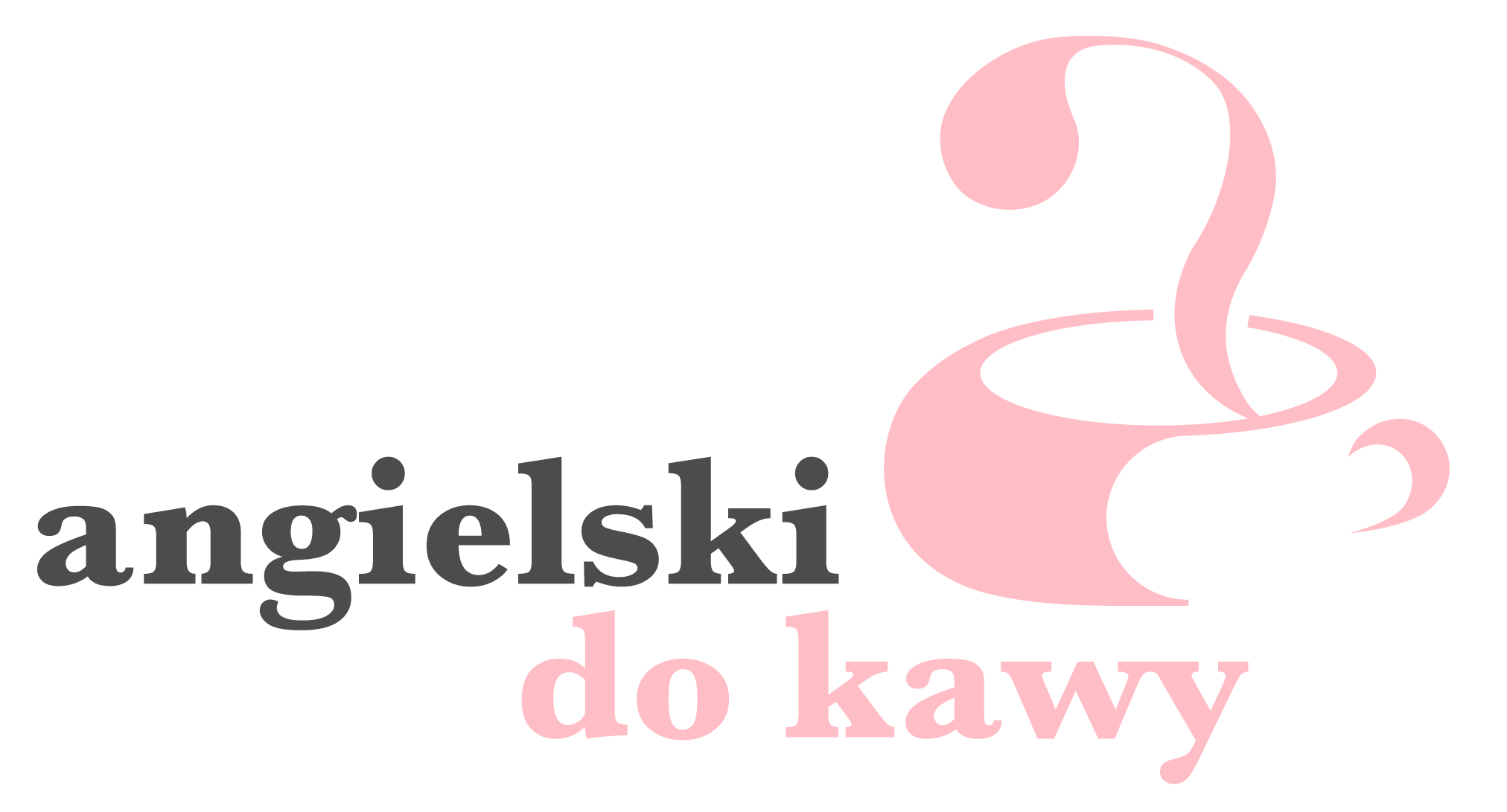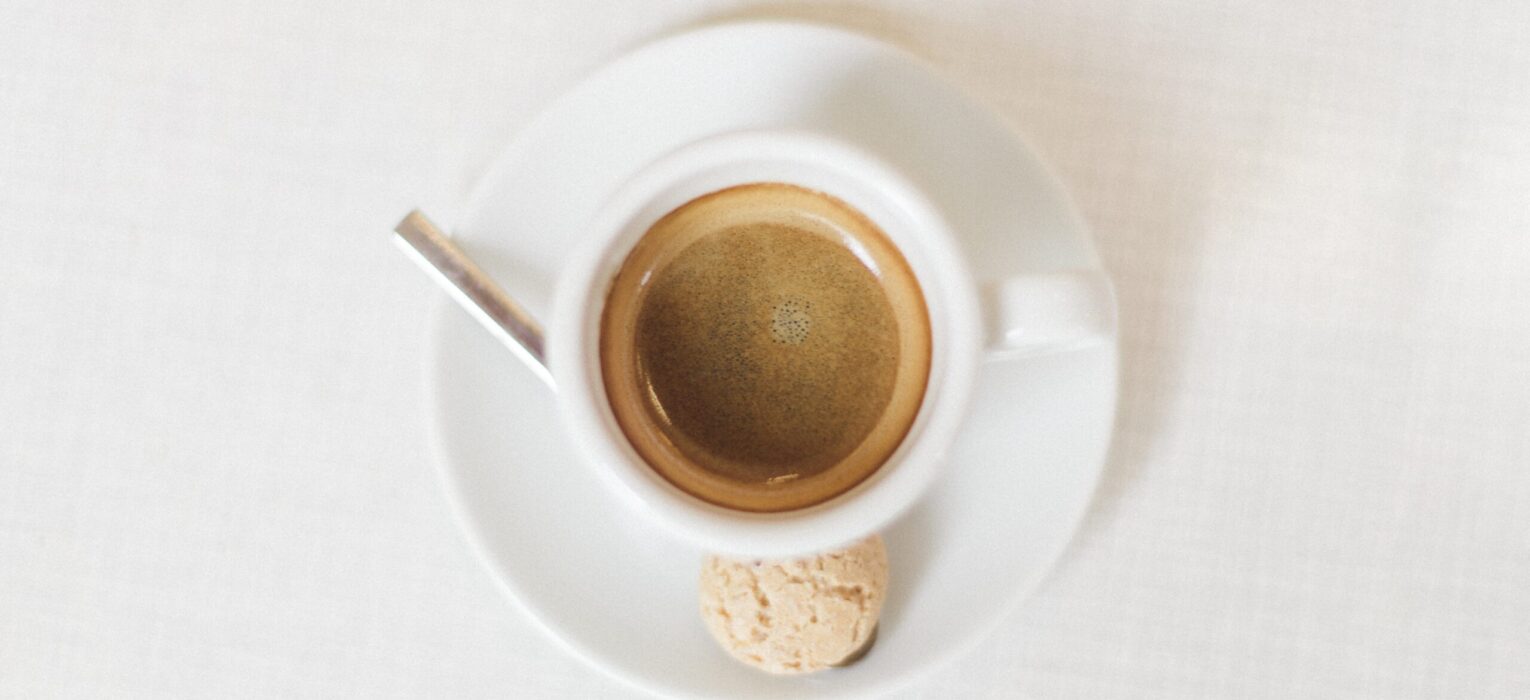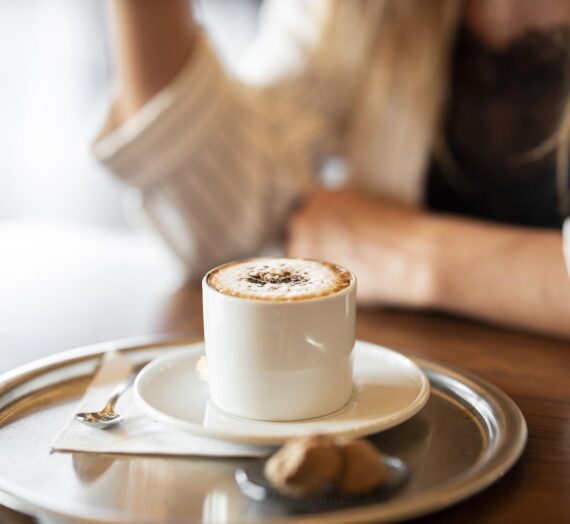Transcript of my podcast episode (7)
Honestly speaking, I feel like doing absolutely nothing now (I’m rather tired), but I know that I want to continue recording these ENGSPRESSO episodes – I know how much you like them and wait for them, and I enjoy working on them, too. But I have to admit that it hasn’t been easy to focus on my work lately, and we all know why. The situation is rather tense. We’ve suddenly realised that the world may be unpredictable, and we shouldn’t take anything for granted, that is, we shouldn’t believe that, for example, what we have now will always be available and will stay exactly the same. That’s why I feel it’s really important to practise gratitude. In other words, it’s important to be grateful for what we have and experience right now. We can see very clearly now that we often have everything we need and more than that. So instead of complaining about our everyday tasks and people we deal with, instead of focusing on what we don’t have, or what we can’t afford, we may try to divert our attention to what’s positive around us.
I’m sharing this with you because it truly helps me to find my balance in these difficult times and also to be useful as a person. And this is why I’m here – despite all the negative emotions I’ve been feeling, I still want to do valuable things and support others. And I believe you want to do the same. So ending it on this positive note, let me teach you two new expressions.
Today the first expression is TO GO DUTCH. If you go Dutch, you agree to share the cost of something with someone, especially a meal, e.g. in a restaurant.
For instance: When he suggested going Dutch on their first date, she felt offended. Now, repeat after me.
The translation is: Kiedy na ich pierwszej randce zasugerował, żeby podzielili się rachunkiem (żeby każde z nich zapłaciło za siebie), poczuła się urażona.
Another example: If we hadn’t gone Dutch yesterday, I wouldn’t have money for the ticket now.
Gdybyśmy wczoraj nie podzielili się wydatkami (kosztami), nie miałabym teraz pieniędzy na bilet.
The second expression is THE OTHER WAY (A)ROUND. This means “happening in the opposite way”.
For instance: I thought I wouldn’t get an invitation to the party, but it was the other way round – I was the first person she invited!
Myślałam, że nie dostanę zaproszenia na tę imprezę, ale było na odwrót – byłam pierwszą osobą, którą zaprosiła!
Another example: He used to hate fruit and veg as a child, and now it’s the other way round – he’s vegan!
Jako dziecko nienawidził warzyw i owoców, a teraz jest na odwrót – jest weganinem!
And now it’s time for your ENGSPRESSO to go!
Our context for the phrases is:
As students, we always wanted to go Dutch, and now it’s the other way round – each of us always insists on footing the bill.
Jako studentki, zawsze chciałyśmy dzielić się wydatkami, a teraz jest na odwrót – każda z nas zawsze nalega, żeby zapłacić rachunek.
Well done! We’ve revised quite many phrases and grammar structures today. I feel that this episode is packed with them, isn’t it? Try to analyse all the given examples thoroughly so that you can make the most of this short lesson.
Don’t forget to have a look at my e-books and courses that are available in my virtual shop – perhaps there’s something you’d like to have. And if you’d like to read what I’ve just said, you can find the transcript of this episode on my website or at the link in the description of the episode.
Thank you for tuning in and talk to you next week! Take care!




